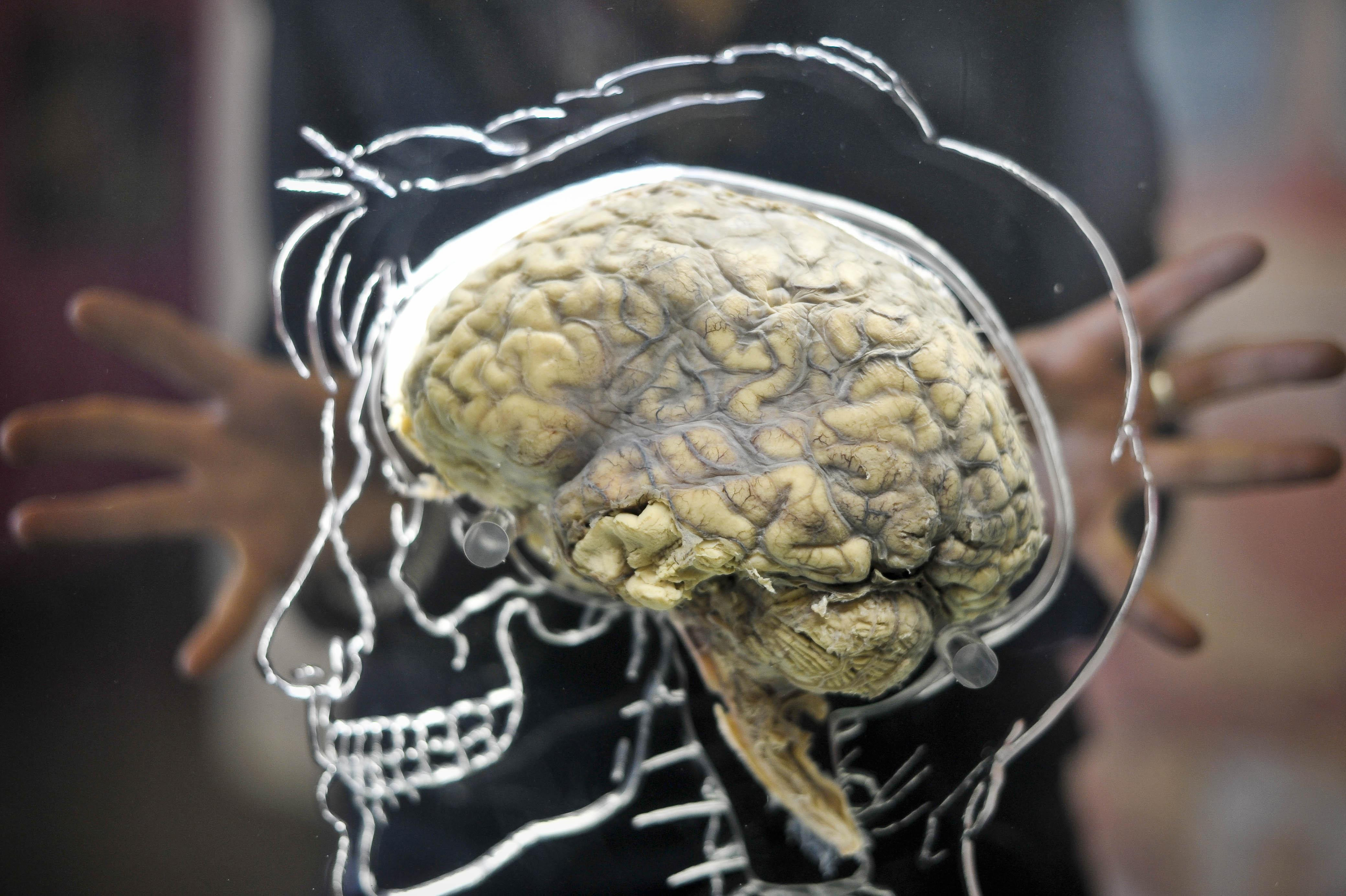Your intelligence might depend on how flexible your brain is, scientists say
The study is based on a new theory published in Trends in Cognitive Sciences.

A person’s intelligence might depend on how flexible their brain is when it comes to storing and processing information, scientists say.
Their research puts forward a new theory which suggests the brain’s intellectual capacity not only depends on the way it is wired – connections made by millions of neurons to form functional neural pathways – but also how this wiring shifts in response to changing intellectual demands.
Study author Dr Aron Barbey, psychology professor at the University of Illinois, said: “When we say that someone is smart, we understand intuitively what that means.
“Usually, we’re referring to how good they are at making decisions and solving particular types of problems.
“But recently in neuroscience, there’s been a focus on understanding in biological terms how general intelligence arises. That requires studying the structural and functional characteristics of the brain.”

Each module is believed to be made up of “innate neural structures” with distinct, evolutionarily-developed functions.
These neural networks allow multiple parts of the brain to be activated when a person engages in a particular cognitive skill.
According to Dr Barbey, neural networks support two types of information processing – crystallised intelligence and fluid intelligence.
Crystallised intelligence involves robust connections – which are a result of months or years of neural traffic on well-worn pathways – while fluid intelligence is weaker and forms more transient pathways – when the brain tackles unique or unusual problems.
“The more readily the brain forms and reforms its connectivity in response to changing needs, the better it works.
“General intelligence requires both the ability to flexibly reach nearby, easy-to-access states – to support crystallised intelligence – but also the ability to adapt and reach difficult-to-access states – to support fluid intelligence.
“What my colleagues and I have come to realise is that general intelligence does not originate from a single brain region or network.
“Emerging neuroscience evidence instead suggests that intelligence reflects the ability to flexibly transition between network states.”
The study is published in the journal Trends in Cognitive Sciences.






